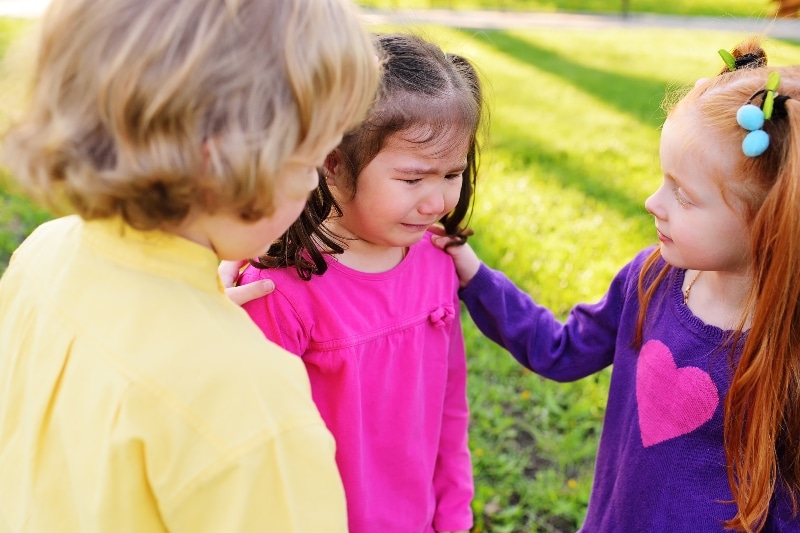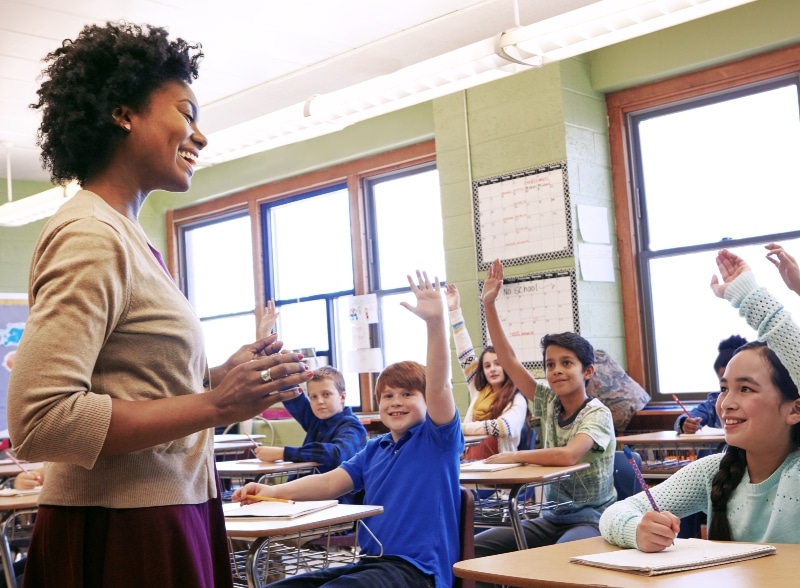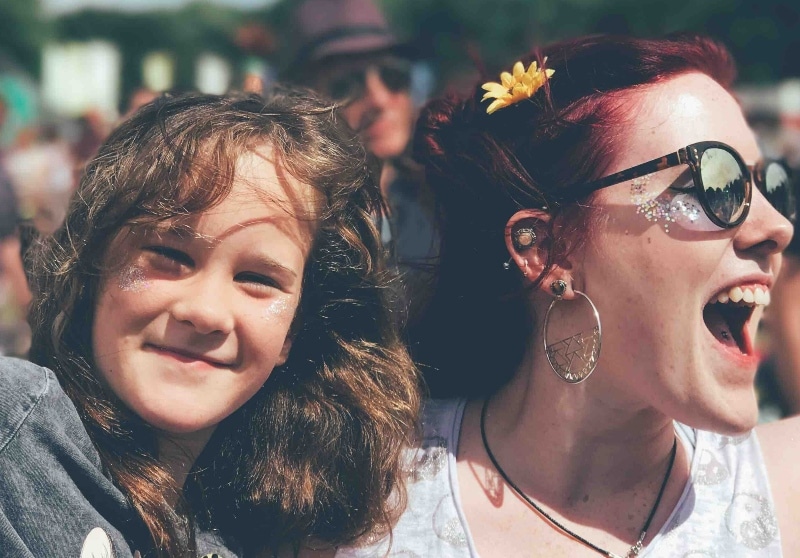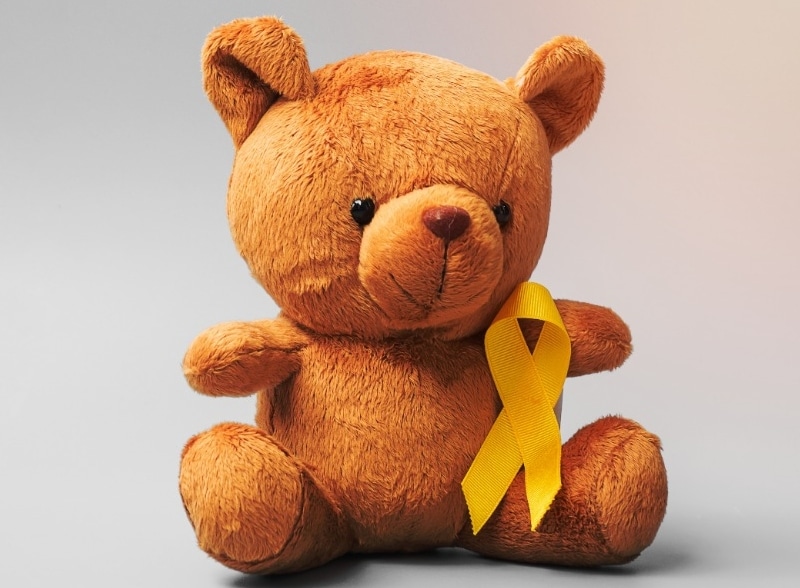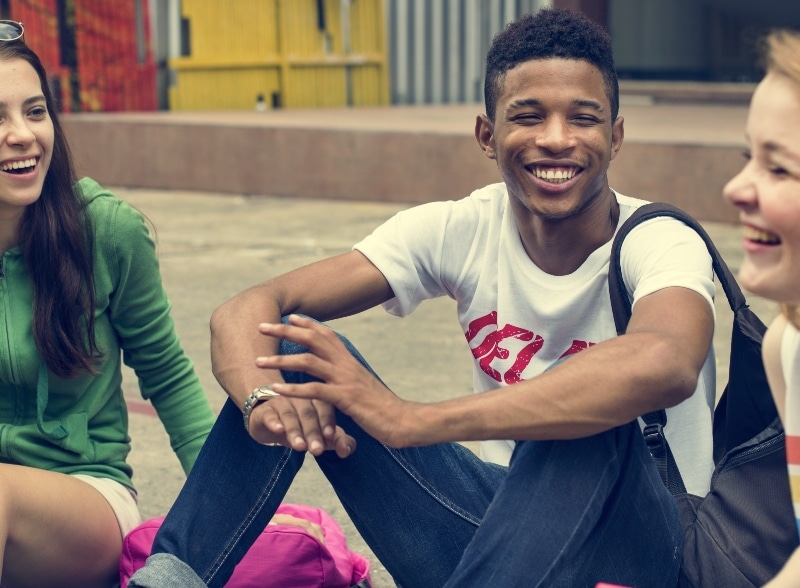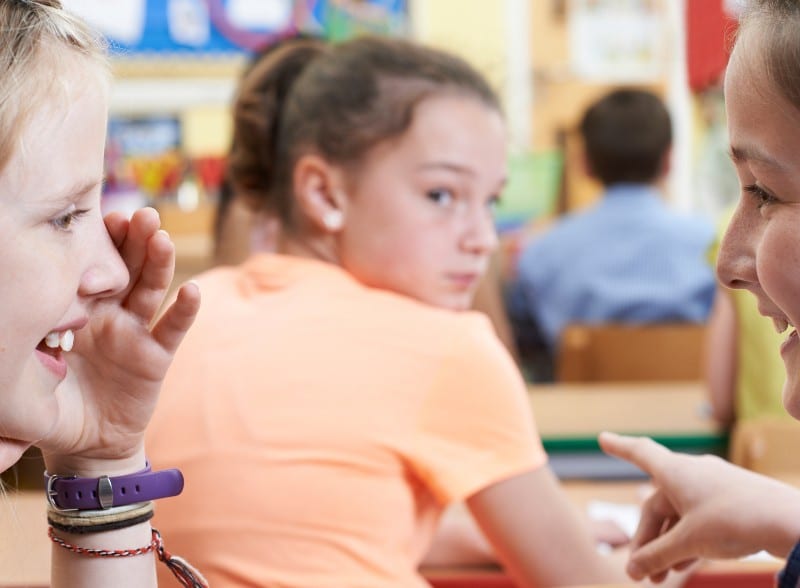Our Researcher of the Month, Tanya Manchanda, has recently published a review which assesses existing friendship interventions and their impacts on the mental health outcomes of adolescents aged 12–24 years. In this interview, Tanya considers what we know about these interventions, for both the teen who is trained and their friends and reveals that surprisingly few interventions which utilise authentic social groups have been studied, despite their potential for strong results. She talks us through some of the interventions that do exist and outlines key things that schools might like to consider when developing and implementing friendship interventions designed to improve teens’ mental health.



